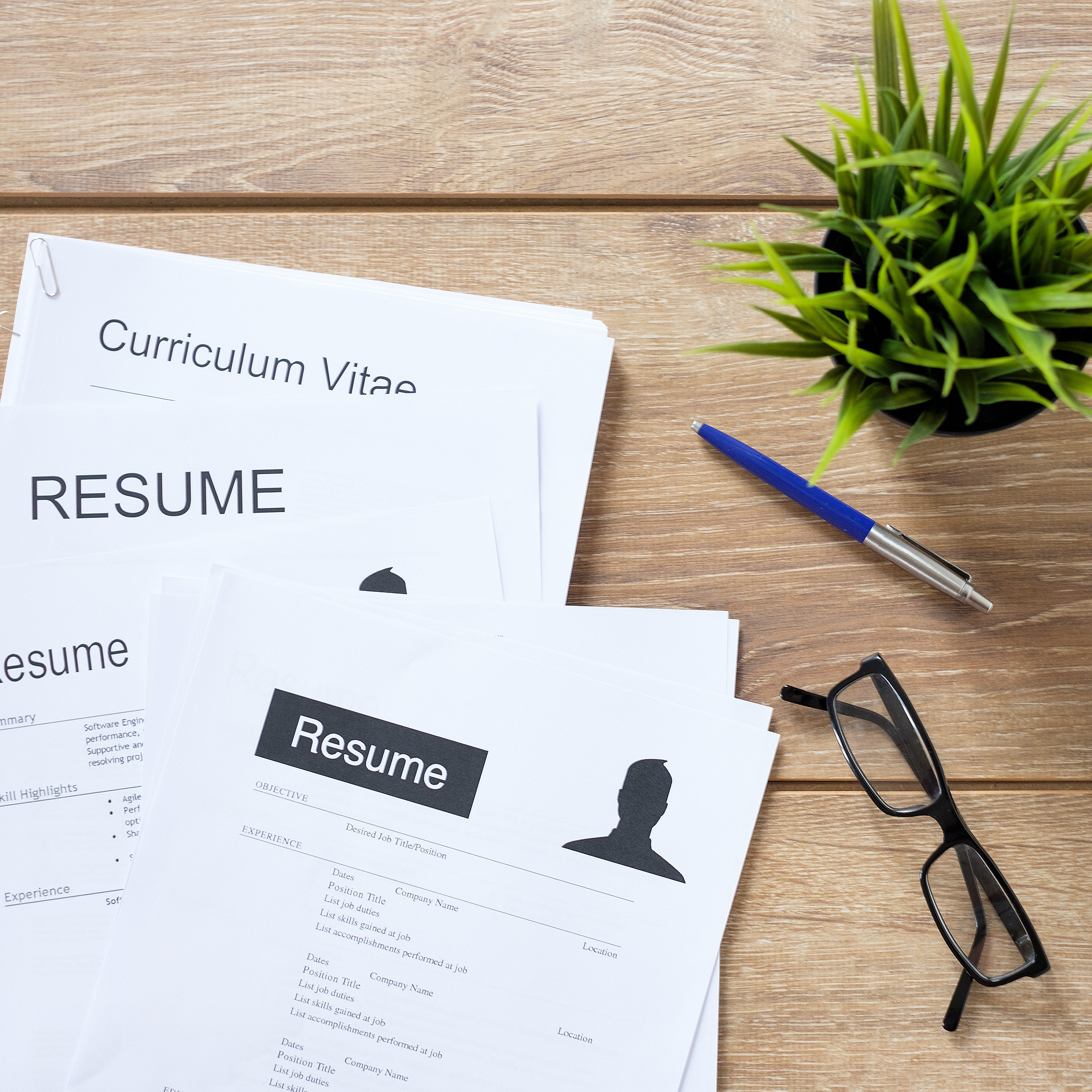Whether you're going to a job fair or an interview, it is important to be prepared, polished and professional. Research tells us that landing a job is 70% presentation and 30% actual skills. Knowing that, we have the following tips:

Did you know that job seekers spend thirty job-search hours to get each interview and only one hour preparing for the interview? Before your interview, research the company as thoroughly as possible. Annual reports, web pages, Facebook and YouTube are great resources. Be able to articulate what properties of the company appeal to you and why you want to work there. What is their culture? Where is the company going? Who are their competitors and why do they stand out?
It's awkward for everyone when the interviewing managers ask a candidate about responsibilities in a prior position and the candidate has to wrack her brains trying to remember what she did in the job. It is easy to forget the details from prior positions that you've held, especially if it has been a long time since you were in that position. However, if it's on your resume, it's fair game for discussion. Be familiar with everything on there and ensure you have a few success stories to go with each position you've held.


When meeting an interviewer make a great first impression. Stand up straight, smile, make eye contact, and shake hands firmly. When you do sit, keep your hands in your lap. Nervous people tend to make wild gestures. Also, remember to use your active listening skills. That means, take notes if appropriate, lean forward and nod to show you're listening. All of these give an air of confidence.
Because of nervousness, candidates tend to talk too much. Sometime they're not sure how to answer a question so they just dive in anywhere; this is not a good tactic. Before answering a tough interview question take a few seconds to gather your thoughts so that you can give a clear, concise answer that highlights your skills. If the interviewer wants more information, they'll ask a follow up question. Whenever appropriate, use quantifiable data rather than vague generalizations.


Prior to the interview create on paper an inventory of your experiences, skills and talents. Then, carefully examine the job description or posting. Where do your skills align with it? Take a note of those and during the interview be sure to highlight how your skills and talents make you a good fit for the position.
Make every interview an interesting business conversation and not an uncomfortable interrogation. Asking thoughtful questions is a great way to demonstrate understanding of the company and industry. Show your interest in the position, and work to uncover important information to determine if there's a good culture fit between you and the company. At the end of the interview, don't be afraid to ask what the next steps are, the more specific, the better. Finally, collect business cards from each interviewer.


This question is a recruiter's favorite question. It can reveal a lot about a candidate. So be prepared to answer it. Conventional advice recommends that you state your weakness as a strength. "I work too hard," "I'm too demanding of myself," "I'm a perfectionist," are pretty typical and transparent answers. Try a more thoughtful response that truly highlights your skills. For example, "Although I have strong Word and Power Point skills, I feel like my skills in Excel are not as strong as I'd like. I am currently enrolled in a night class at the community college." Then follow up with a statement that shows how you will use your new skills. "I know I will be able to use my new Excel skills in this position to help me with spread sheets and tables." Finally, follow up with a question such as, "Would you like me to elaborate on any of my other computer skills?"
Polishing all aspects of your appearance is important. It demonstrates your level of professionalism and commitment. It either says "executive", or it doesn't. Invest in your appearance and you'll feel great! Buy a few interview suits that can be mixed and matched later for less formal use, and have them tailored so they fit you well. Always wear a suit to an interview – even if the culture where you're interviewing is casual. Remember to keep your jewelry and accessories toned down. You want them to hear what you're saying, not what you're wearing. Carry a briefcase or a purse, not both. Backpacks are never a good idea.


Be honest and direct, but don't slam your employer or boss. NEVER say anything negative about where you work or once worked. They want to hear that you are leaving on good terms (for everyone, not just you!) since it can easily be them on the other end of the equation if they hire you.
Follow up with a thank you email to each interviewer (please ask me if you need anyone’s email address) and clearly express your interest in the position. Try to use specifics. If you forgot to mention something in the interview, you can add it to the note. Please spell check the email before sending it out and ensure all names are spelled correctly too. Thank-you notes should be just a few paragraphs in length and accomplish three objectives: Express your appreciation for the opportunity, reinforce your interest in the job, and restate the value you can bring to the organization.
